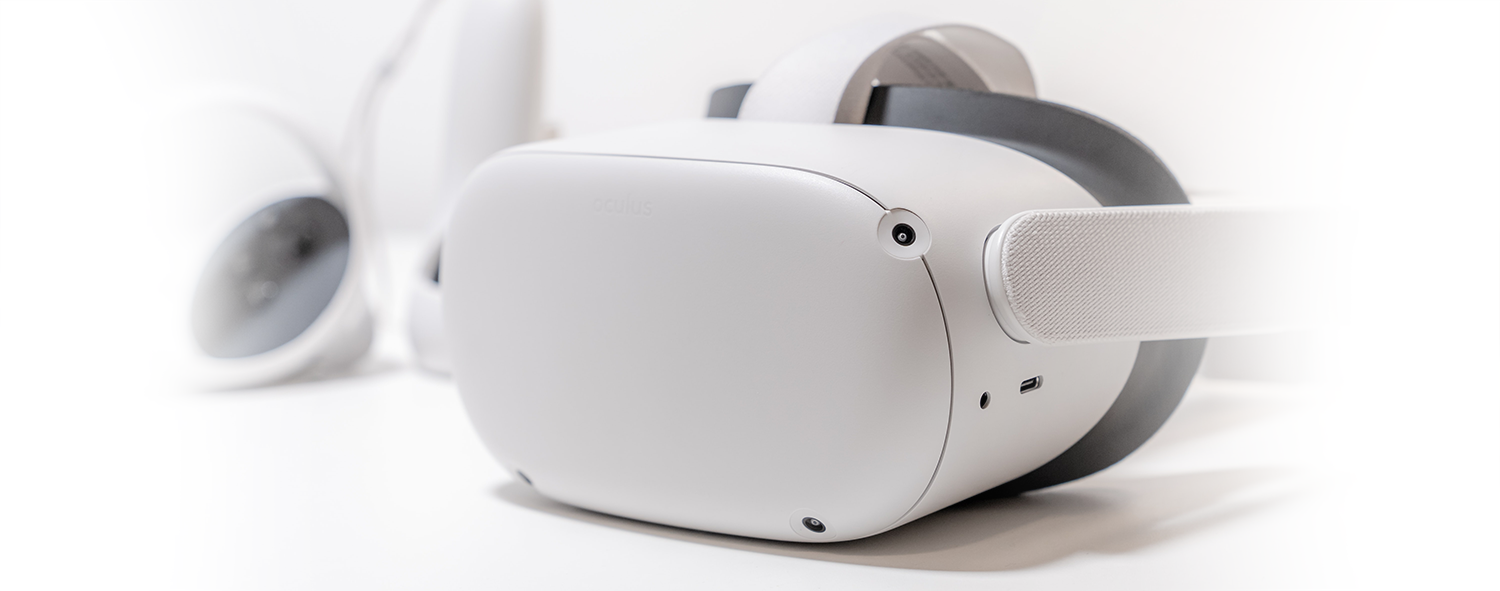 Thanks to reality simulation, we acquire skills as if we were physically participating in the event. Moving in virtual space significantly accelerates the so-called "muscle memory" and makes it easier for a person to recall a particular procedure or model of behavior. These features mean that VR has found its application in many places.
Thanks to reality simulation, we acquire skills as if we were physically participating in the event. Moving in virtual space significantly accelerates the so-called "muscle memory" and makes it easier for a person to recall a particular procedure or model of behavior. These features mean that VR has found its application in many places.
Industry
VR allows engineers and designers to easily experiment with the look and construction of a vehicle before launching expensive prototypes. Companies such as BMW and Jaguar Land Rover (JLR) have been using VR for years to conduct early design and engineering reviews to check the visual design of a vehicle - all before any money is spent on the physical production of parts.
VR saves the automotive industry millions by reducing the number of prototypes built for the vehicle line.
Healthcare
VR is also emerging in healthcare. In November 2021. The FDA approved EaseVRx by prescription for the treatment of pain reduction in adults. The system uses cognitive behavioral therapy and other behavioral principles, such as deep relaxation, shifting attention, interoceptive awareness and others, to help in reducing chronic pain. VR is even being used as a pain reliever for burn injuries.
Health care professionals can use with VR to better prepare for being in the operating room - whether as a junior doctor explaining diagnoses and treatment plans, or as an orthopedic surgeon performing surgery. Companies such as Osso VR enable surgeons to interact with medical devices in VR and practice surgery on virtual bodies, helping to increase familiarity with new devices and proficiency in implanting them.
VR can also be used as a treatment for mental health problems, and Virtual Reality Exposure Therapy is considered to be particularly effective in treating PTSD and anxiety. There are many other ways to spend time in VR that can provide therapeutic benefits.
Training industry
The training industry has begun to take advantage of the opportunities offered by learning through VR. Walmart offers VR training to its 1 million employees.
VirtualSpeech, for example, provides training VR on soft skills, such such as public speaking, active listening and sales. They combine e-learning with practice in VR and online simulations, allowing students to build confidence and skills used later in practice, from conference rooms to auditoriums.
Many more
Arichtecture, Real Estate, Tourism Entertainment, Retail, Sports, Arts the list of Virtual Reality applications is growing all the time.



 English
English  Polski
Polski